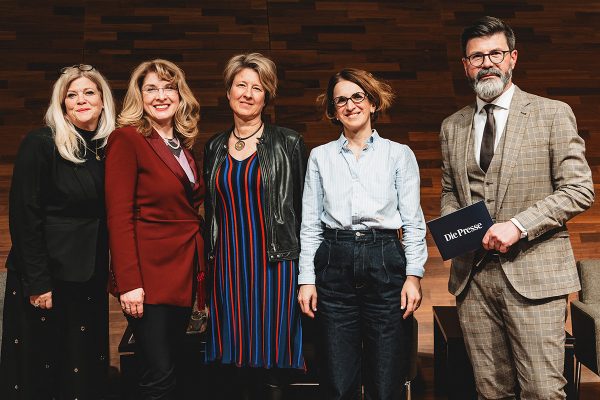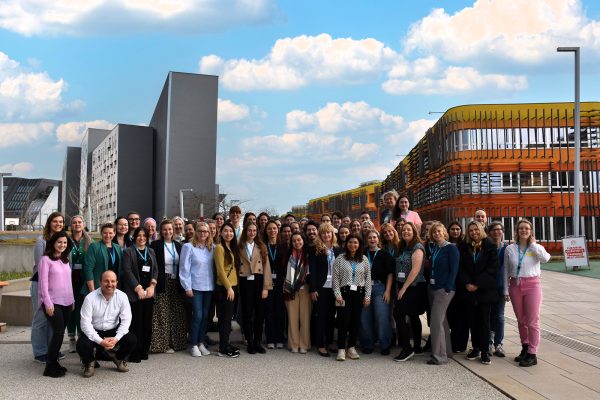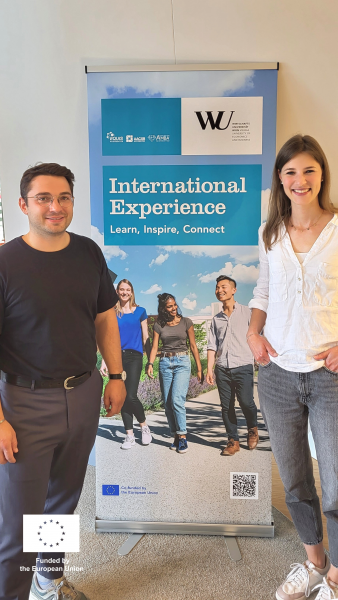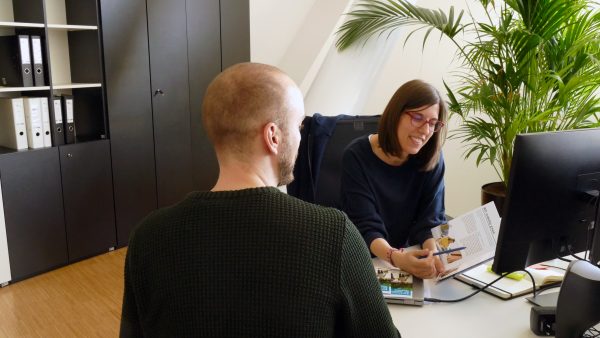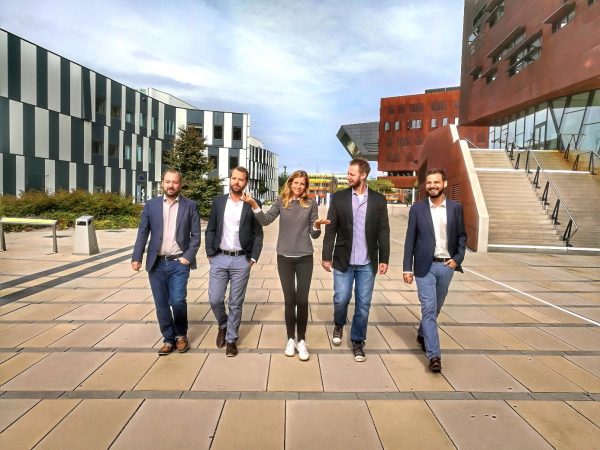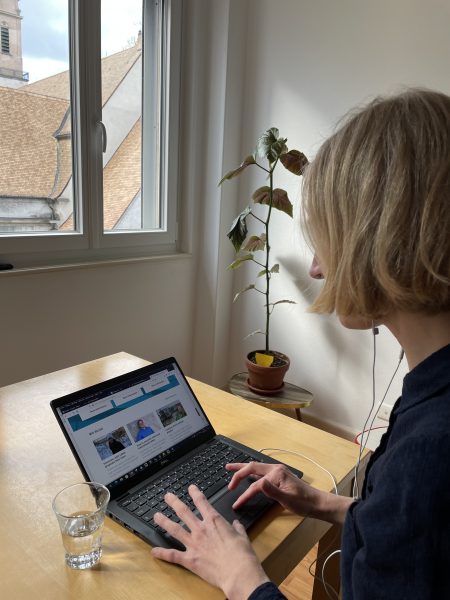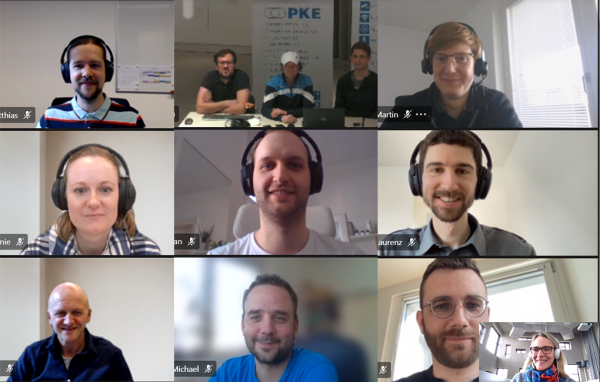“The buildings will almost buzz with human potential when we all get back together!”
Paul Chipperton is an international guest lecturer at WU and has been teaching a course on Strategic Innovation and Entrepreneurship since fall 2018. For the International Summer UniversityWU, he taught Creativity & Entrepreneurship and is set to teach the class New Venture Creation in summer 2021. He has a background in biotech/medtech/digital tech, serving as CEO as well as holding board and/or advisor roles in various companies. He also teaches at Queen’s University, the University of Toronto, McMaster University, and Politecnico di Milano.
For an interview with WU’s Blog, we asked Paul Chipperton about his perspective as an international guest lecturer and received valuable insights.
WU Blog: How would you describe your teaching experience at WU? What is the benefit?
Paul Chipperton: I lecture multiple master’s courses on the topics of innovation, entrepreneurship, marketing and strategy at three North American Universities. There are two standout differentiators teaching at WU: (1) the breadth, depth, and ease with which WU students contextualize challenges and opportunities and, (2) the general maturity when directly comparing age groups.
The vast North American continent has only three countries, but you would be hard-pressed to find someone who could name all three current leaders of the US, Canada and Mexico. At WU, I suspect many could name several continental leaders, and relate it in one of the three languages they invariably speak.
Higher education is not just about the institution and degrees, for many – likely the majority – it is still a fundamentally social/EQ dynamic of new-friends-for-life, that literally cannot be replicated on a computer, and so for all the enablement of technological innovation, the fundamental need is human connectivity, in person, around campus life.
WU Blog: In which ways do students benefit from classes that are taught by international guest lecturers?
Paul Chipperton: Well ultimately, it is for them, not me, to determine benefit. But what I would propose is that in the areas I focus on: Strategic Innovation, Entrepreneurship, and Venture Capital, North American entities have been leading the vanguard of the design and development of the knowledge economy for a generation over the EU.
As I happen to have been a serial tech entrepreneur first, I can coax a “PR-academic” viewpoint and see where management theory aligns, or evaporates, when exposed to the chaos that is a real world endeavor.
WU Blog: Having taught at WU on-site as well as online: What are your lessons learned that you will take with you when going forward? How do you think your students can get the most out of different formats?
Paul Chipperton: Great question! In an innovation course, I just asked my students. The key points I took away so far are:
- The University “customer” has radically changed in a single generation and the pandemic has irrevocably confirmed that.
- Students in classes above 40 participants feel like they struggle to contribute audibly and meaningfully in large lecture halls anyway, so switch to digitally pre-recorded delivery and allow them to consume 24/7 on any format, but augment recorded with live in-person or digital small group tutorial discussion for reinforcement.
- Digital globally is a massive opportunity for the top-tier education brands!
- Higher education is not just about the institution and degrees, for many – likely the majority – it is still a fundamentally social/EQ dynamic of new-friends-for-life, that literally cannot be replicated on a computer, and so for all the enablement of technological innovation, the fundamental need is human connectivity, in person, around campus life. The buildings will almost buzz with human potential when we all get back together!










